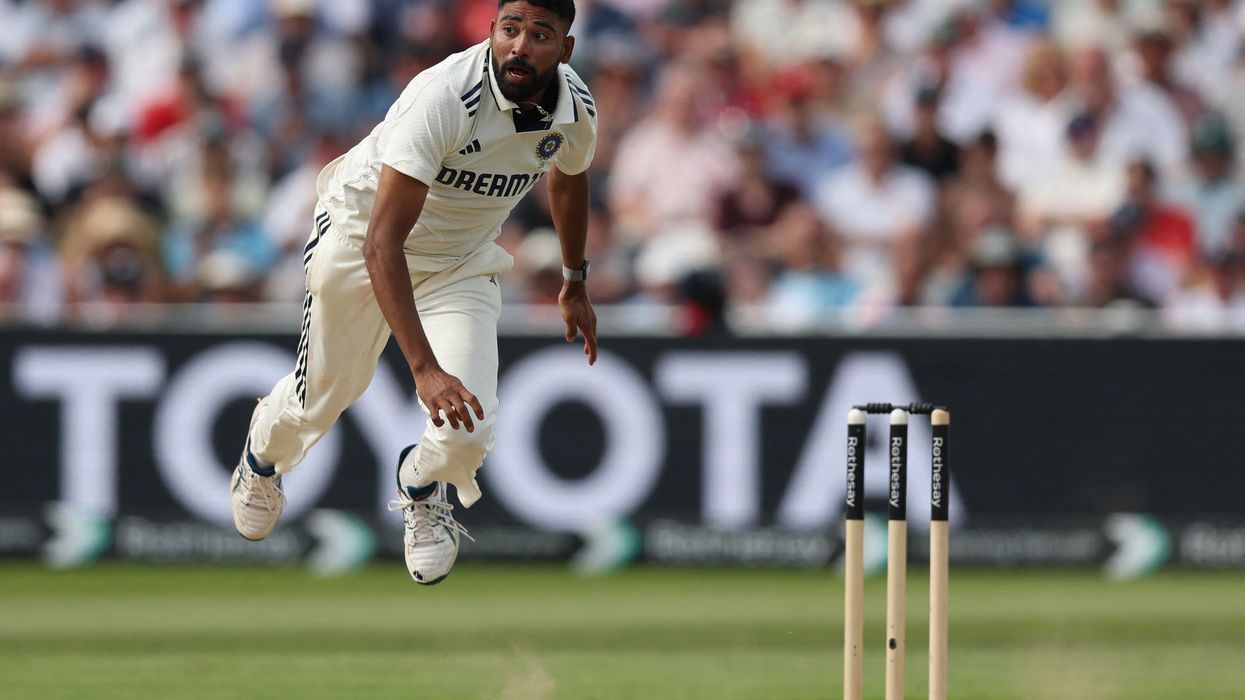AFGHAN president Ashraf Ghani said on Monday (September 12) that a peace agreement with one of the country’s most notorious Islamist warlords is close to being concluded, offering hope of progress towards ending decades of conflict.
Negotiations with Hizb-i-Islami, a militant group of several hundred fighters led by Gulbuddin Hekmatyar, a veteran of almost 40 years of fighting in Afghanistan, have been going on since May, when a draft accord was signed.
But a final agreement has been stalled since, with many on the government side wary of bringing the prominent Pashtun warlord into the political fold and civil rights activists concerned about longstanding accusations of human rights abuses against him.
During the bloody civil war of the 1990s, Hekmatyar’s forces were accused of killing thousands of civilians in heavy bombardments of the Afghan capital. More recently, they were linked with several al Qaeda and Taliban attacks on international forces in Afghanistan and the Kabul government.
During his long career as a militant leader Hekmatyar has been allied at various times with Pakistan, the Washington-backed anti-Soviet mujahideen in the 1980s and the Taliban, who are seeking to force the NATO-led coalition out of Afghanistan and bring in Islamic law.
“Some issues are left and those are issues that would be very important for implementing peace,” Ghani said at the start of the three-day Eid holiday. “These issues should be solved within a limited period of time.”
The Afghan president thanked both Hizb-i-Islami and the High Peace Council for their efforts to negotiate a deal. “There is hope that, God willing, the agreement will be finalised soon and we will witness a major step toward the creation of peace environment and end of fighting,” he said.
Hekmatyar, who was included on the US State Department’s Specially Designated Global Terrorist list in 2003, has played relatively little direct part in the anti-Kabul insurgency in recent years.
But an accord with his forces would offer some proof that the Kabul government can persuade militant groups to move away from the battlefield and into the political process after failed efforts to start peace talks with the Taliban.
Peace talks with the Taliban itself, the largest insurgent group in Afghanistan, have yet to get off the ground, but both sides have said they are open to the idea.
In a statement commemorating the start of the Muslim holiday of Eid-ul-Adha on September 12, Taliban chief Mullah Haibatullah Akhundzada said his group was “continuing to make diplomatic efforts aimed at resolving the issue of Afghanistan alongside its military approach”.
















